Dr. Manmohan Singh: The real architect of India's economic liberalisation
- EP News Service
- Dec 28, 2024
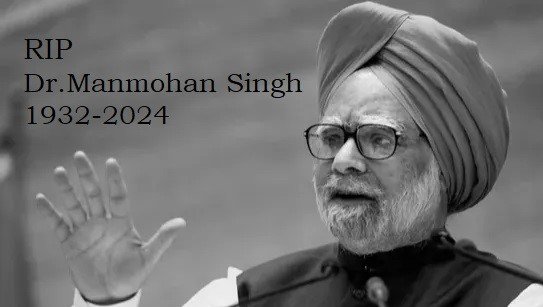
Former Prime Minister Dr. Manmohan Singh
MUMBAI: Dr. Manmohan Singh, India's 14th Prime Minister, is widely celebrated as the chief architect of India's economic liberalisation, and rightly so. His visionary policies in the early 1990s not only transformed the Indian economy but also set the stage for India’s emergence as a global economic powerhouse. As we reflect on his legacy, it is essential to understand the profound impact of his reforms and the circumstances that necessitated them.
Dr. Manmohan Singh's journey from a brilliant economist to a reformist leader exemplifies resilience and a commitment to transformative change. Singh's academic brilliance translated into a stellar career as an economist, serving in roles such as the Chief Economic Adviser, Secretary in the Ministry of Finance, and Governor of the Reserve Bank of India. His economic acumen caught the eye of Prime Minister P.V. Narasimha Rao, during whose tenure Singh became the Finance Minister in 1991.
By the late 1980s, India's economy was facing severe challenges. The country was grappling with high fiscal deficits, stagnant growth, and a balance of payments crisis. The economy was shackled by extensive regulation, protectionist policies, and an inefficient public sector. The situation reached a tipping point in 1991 when India found itself on the brink of defaulting on its international debts. The economic crisis demanded immediate and bold action.
Appointed as the Finance Minister in Prime Minister P.V. Narasimha Rao's government, Dr. Singh was tasked with steering India out of this financial turmoil. Drawing on his vast experience as an economist and administrator, Dr. Singh introduced a series of far-reaching economic reforms.
One of the cornerstone policies was the dismantling of the Licence Raj, a system of licenses, controls, and regulations that stifled economic activity. By reducing government intervention, Dr. Singh opened up the economy to competition and entrepreneurship.
Dr. Singh championed trade liberalisation, slashing import tariffs and encouraging foreign direct investment. This move not only integrated India into the global economy but also brought in much-needed capital, technology, and expertise.
To stabilise the economy, Dr. Singh implemented fiscal discipline, reducing subsidies and public expenditure. He also reformed the tax system to improve revenue collection. On the monetary front, he gave greater autonomy to the Reserve Bank of India, ensuring more effective monetary policy.
Recognising the need for a robust financial system, Dr. Singh initiated reforms in the banking sector, allowing private and foreign banks to operate in India. He also modernised the stock markets and introduced regulatory frameworks to enhance transparency and investor confidence.
The results of these reforms were nothing short of transformative. The Indian economy witnessed unprecedented growth rates, averaging around 6-7% annually over the next two decades. The liberalisation policies spurred industrialisation, technological advancements, and a thriving services sector. Millions of Indians were lifted out of poverty, and a burgeoning middle class emerged, driving domestic consumption and economic dynamism.
Foreign investment surged, leading to the establishment of numerous multinational companies in India. The IT and software services industry, in particular, flourished, positioning India as a global leader in this sector. Infrastructure development, urbanisation, and enhanced global trade further fuelled the growth trajectory.
Dr. Manmohan Singh's economic reforms laid the foundation for modern India. His policies not only stabilised the economy during a period of crisis but also unlocked the country's vast potential. The liberalisation era is credited with transforming India into one of the fastest-growing major economies, with significant advancements in technology, industry, and human development.
As we commemorate Dr. Singh's contributions, it is crucial to acknowledge the courage, foresight, and determination that he displayed in implementing these reforms. His legacy continues to inspire policymakers and economists worldwide, serving as a testament to the power of visionary leadership in times of adversity.



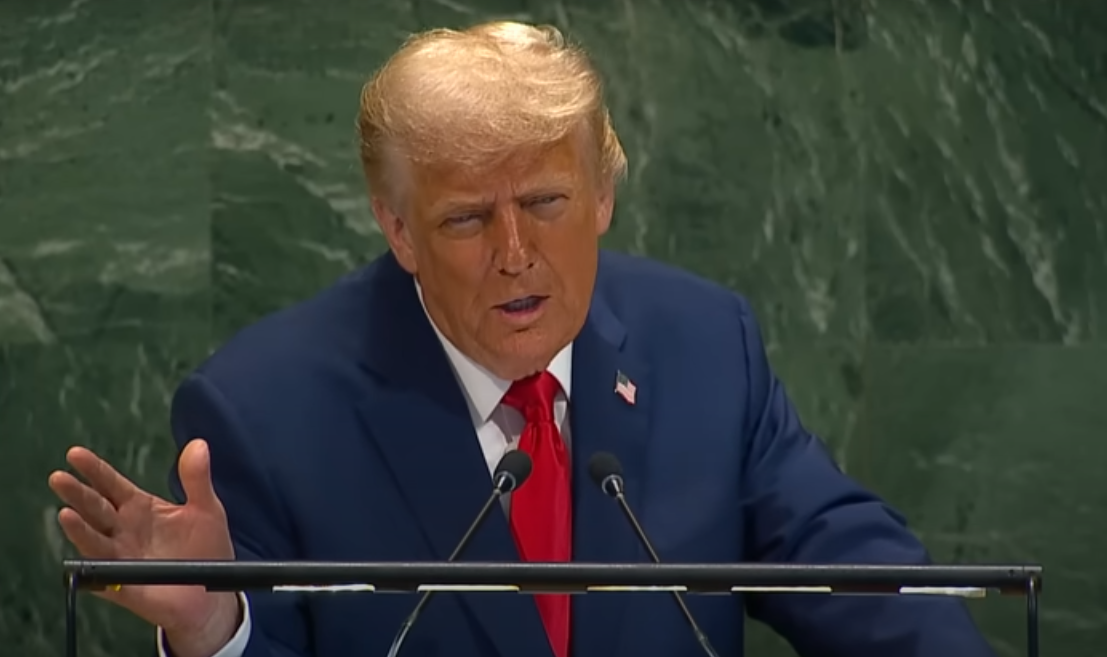
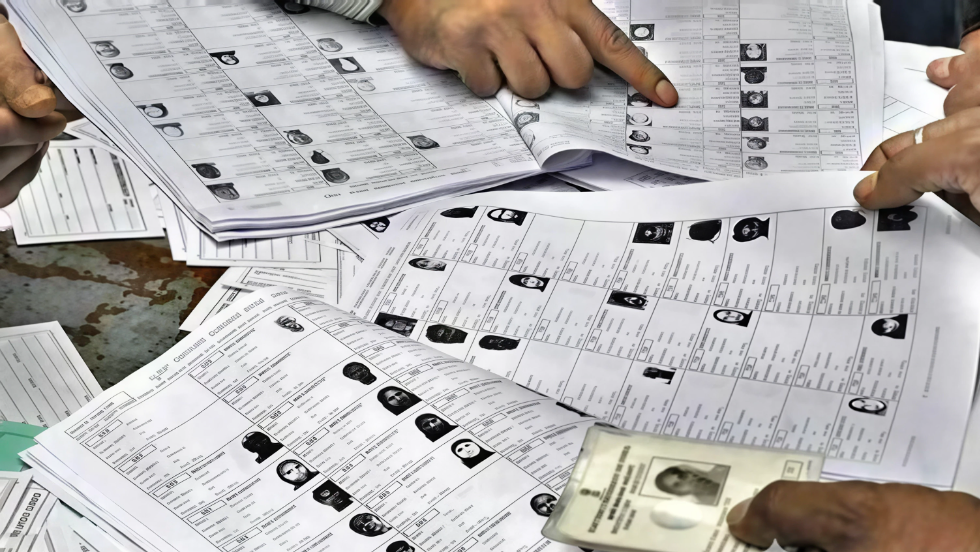
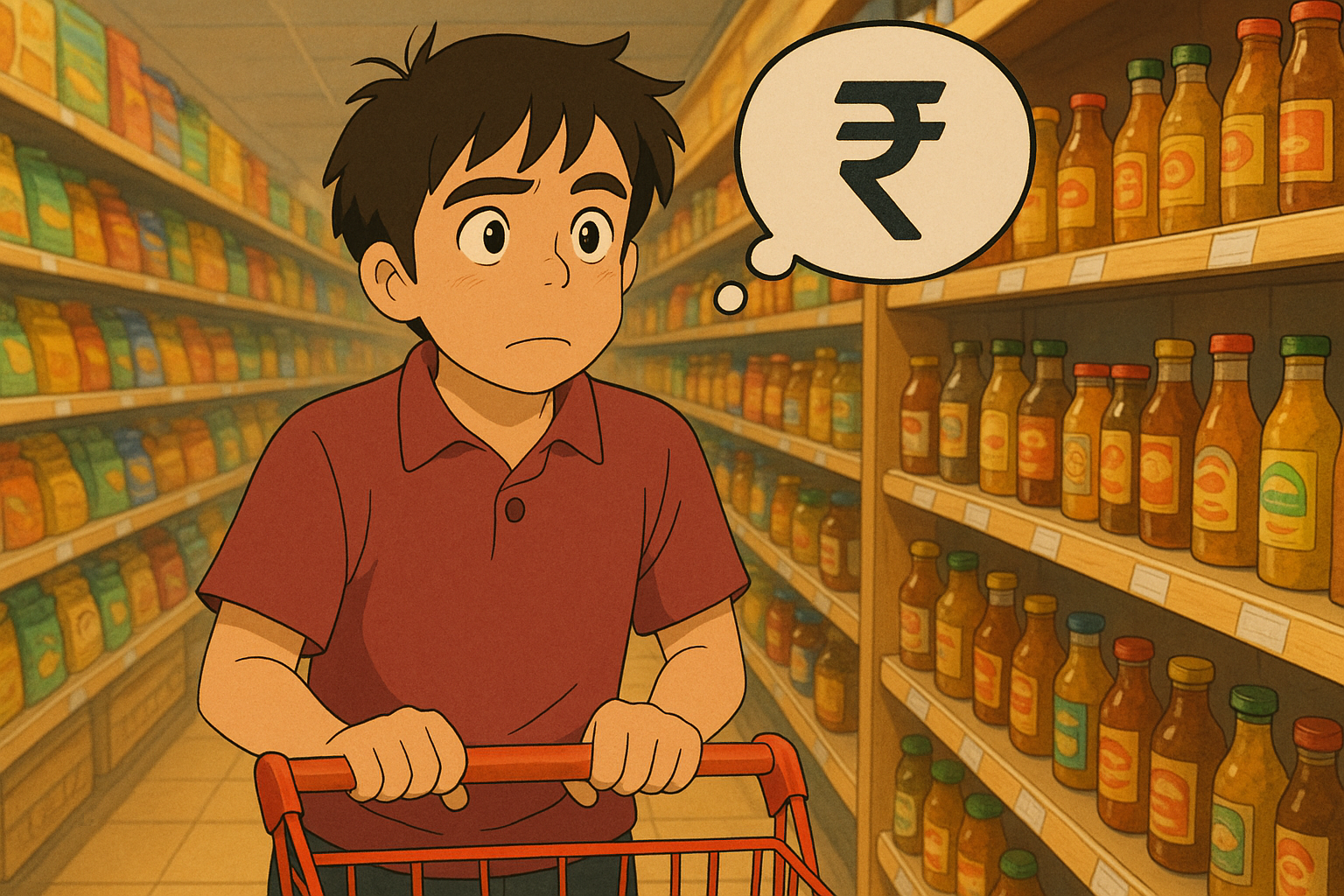
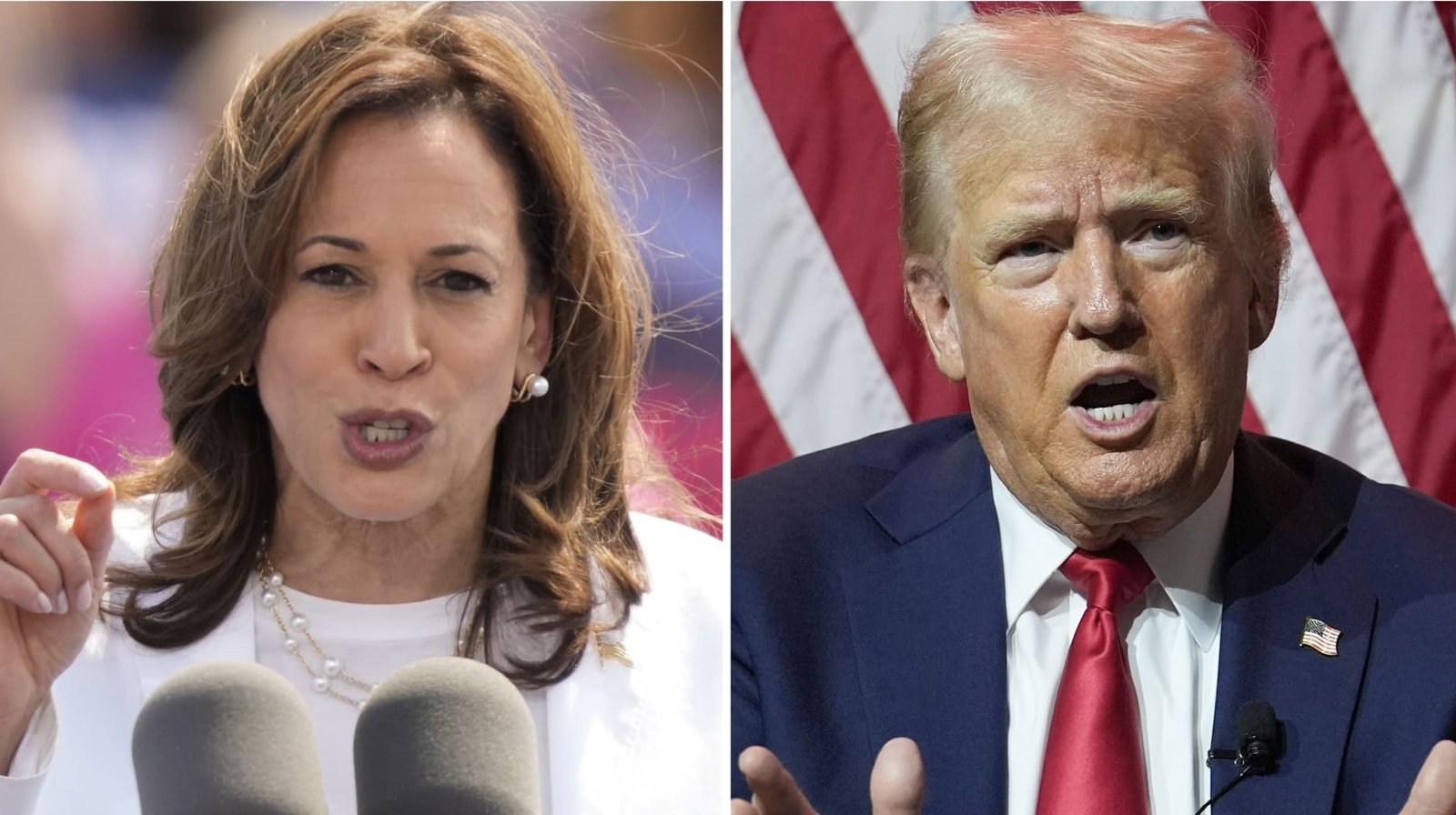
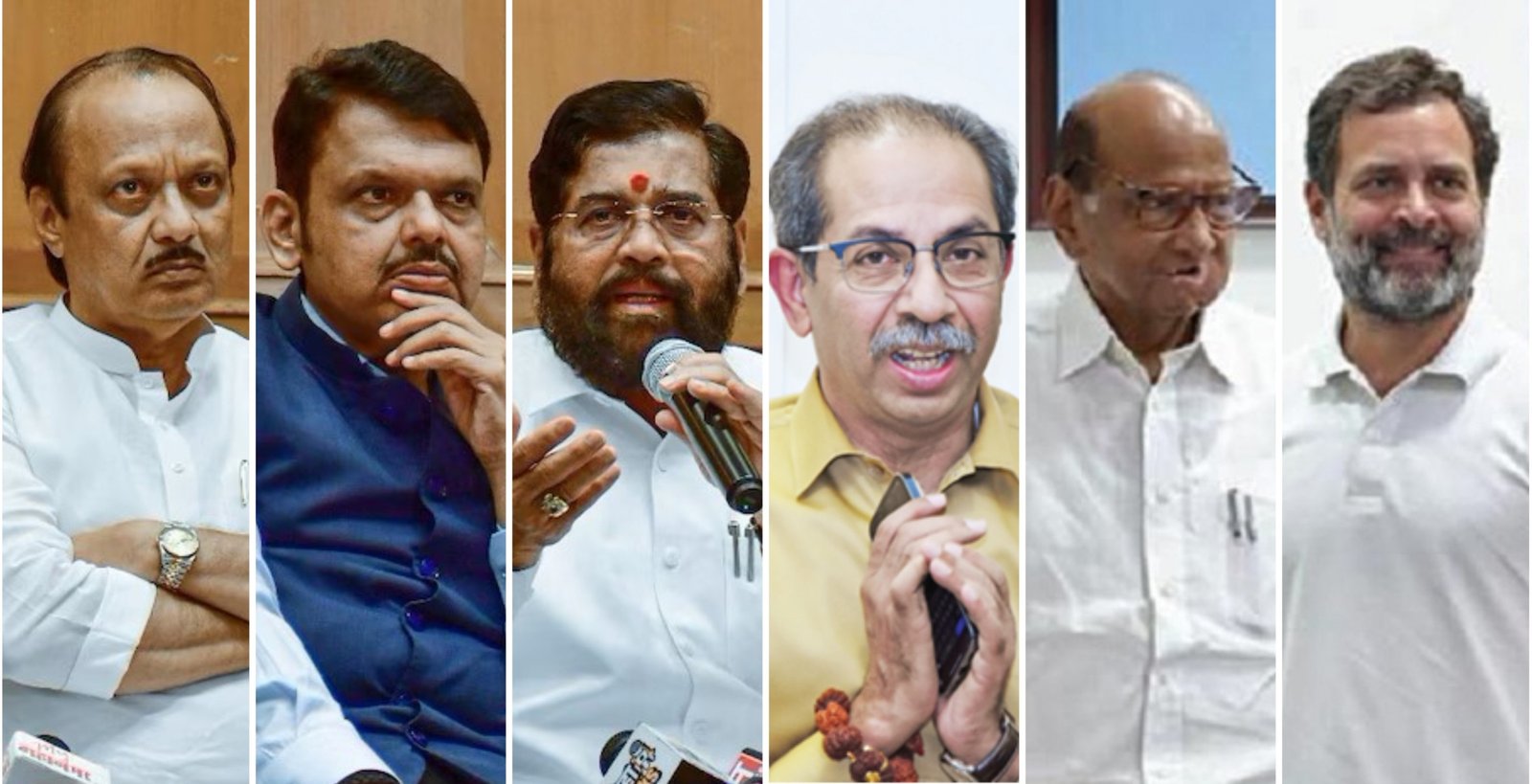
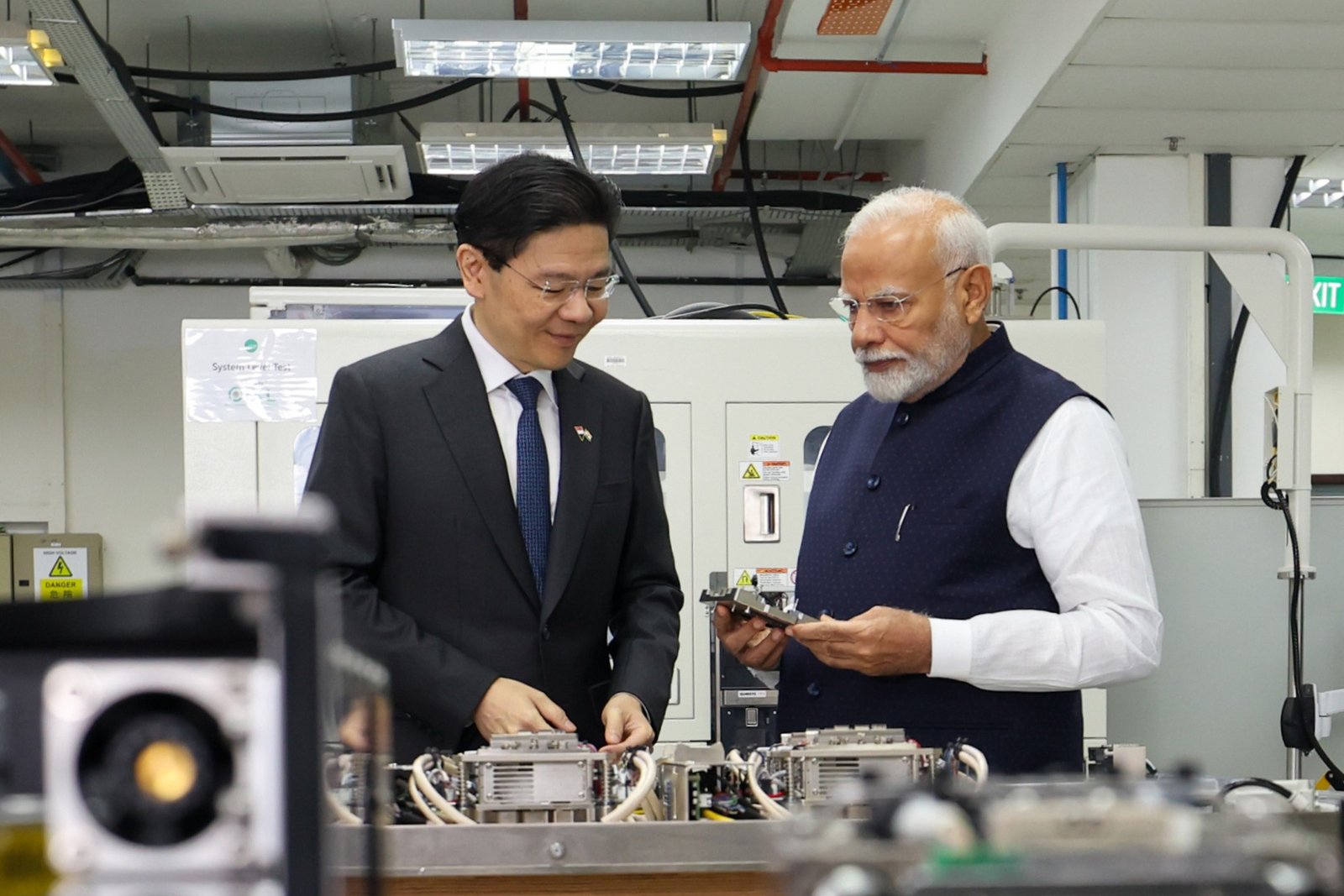

Reporter
Crisp, and to the point news coverage from India and around the world.
View Reporter News